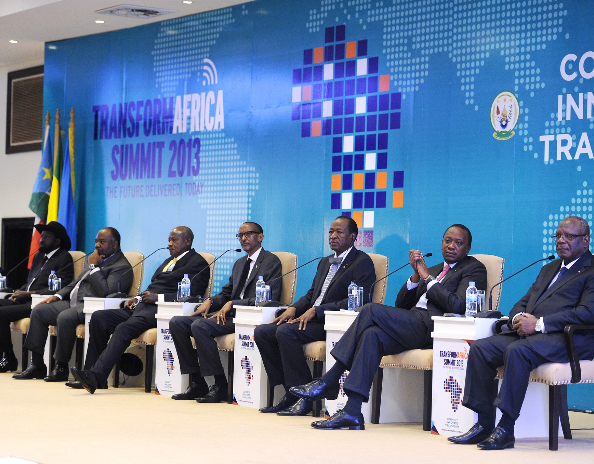Physical Address
4 Elgon Terrace, Kololo, Kampala, Uganda
Physical Address
4 Elgon Terrace, Kololo, Kampala, Uganda

Smart Africa, the alliance of 40 African nations pushing tech transformation, has announced plans to create the Africa AI Council, a body meant to drive strategic AI policy, collaboration, and innovation across the continent. This council will bring together public and private sector leaders, academics, and civil society to guide how AI is adopted, regulated, and scaled for Africa’s development.
The council is being built to align existing AI initiatives, research, and technology deployment under a more unified strategy. Its tasks include developing policy frameworks, promoting ethical AI use, coordinating AI governance, and facilitating capacity-building in areas where AI adoption has lagged — especially regions facing infrastructural bottlenecks. Members are expected from government ministries, tech industry players, universities, and international partners.
Smart Africa officials plan to launch the Council formally at major upcoming continental tech summits. It is also expected to deliver its first strategic plan during the Transform Africa Summit 2025, set to happen in July in Kigali. Meanwhile, preparatory work is underway including the development of a talent readiness index, an AI governance toolkit, and aligning standards for AI research across member states.
Africa’s AI ecosystem shows promise but remains fractured — many countries have differing regulations, skills gaps, and uneven infrastructure. The Africa AI Council offers a chance to harmonize regulations, ensure more ethical deployment (esp. in privacy, bias, and transparency), and help smaller countries benefit rather than be left behind. For startups and innovators, clearer guidelines and stronger governance mean less risk and more opportunities.
The formation of the Africa AI Council could be a turning point in Africa’s AI journey. If well-governed and inclusive, it can help shape a future where African nations collaborate on shared challenges, build local expertise, and adopt AI in ways that reflect regional values and priorities.